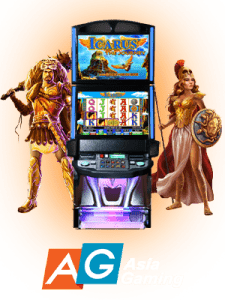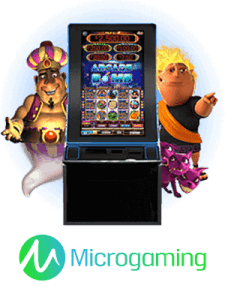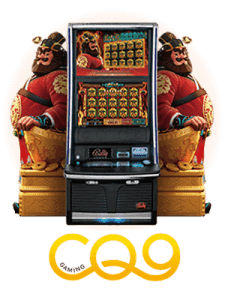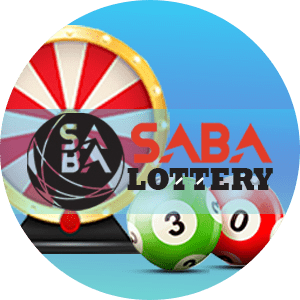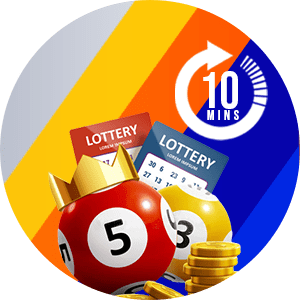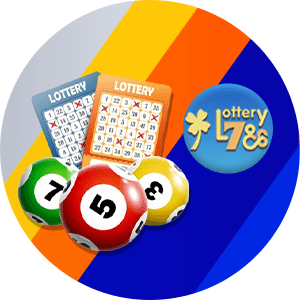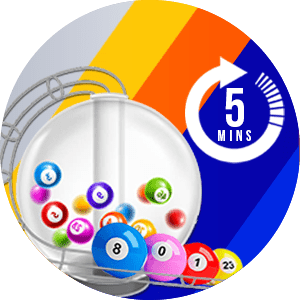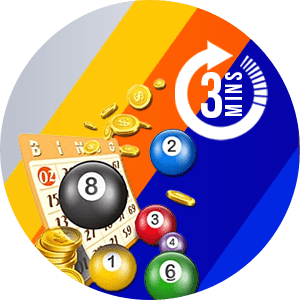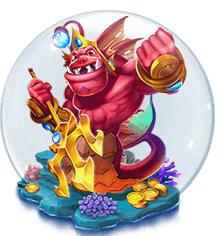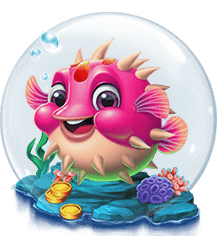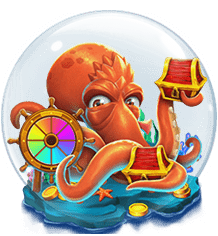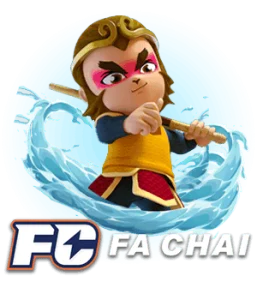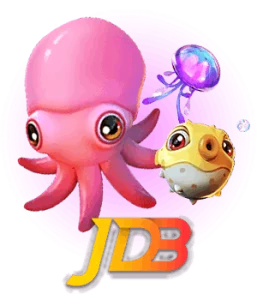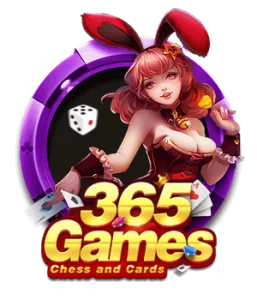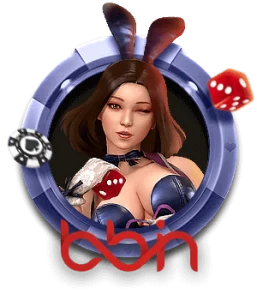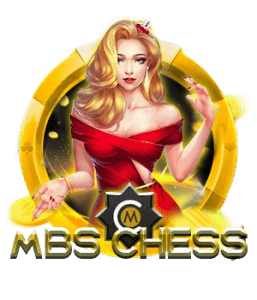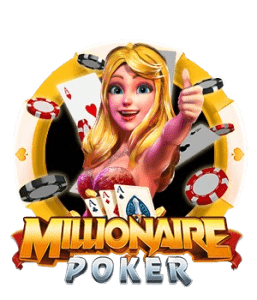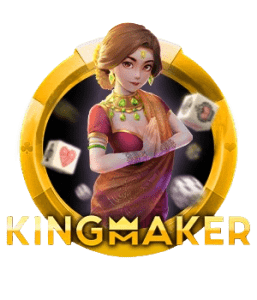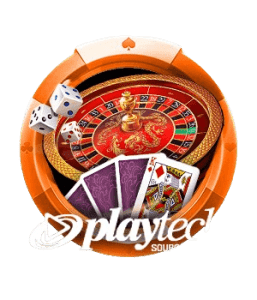Goa, with its vibrant culture and rich heritage, has always been known for its traditional games of goa that form an integral part of its community life. From ancient times to the present day, these games have provided not only entertainment but also a means to preserve cultural identity and community bonds. This article delves into the historical significance of Traditional Games of Goa and explores how these games are being revived and celebrated in the modern era.
 The Historical Roots of Traditional Games of Goa
The Historical Roots of Traditional Games of Goa
Goa traditional games are deeply rooted in its history and cultural practices. These games were not only a source of amusement but also played a role in social gatherings, festivals, and rituals. Some of the most notable traditional games include:
- Vamshavali (Hopscotch): A game that has been played for centuries, Vamshavali involves hopping on one foot through numbered squares drawn on the ground. It was traditionally used to teach children coordination and balance.
- Kabbadi: A game of strength and strategy, Kabbadi involves two teams attempting to tag members of the opposing team while chanting “Kabbadi” repeatedly. It has ancient origins and was historically played to enhance physical fitness and teamwork.
- Gilli Danda: Often referred to as the traditional Indian cricket, Gilli Danda involves using a stick (danda) to hit a smaller stick (gilli) into the air. The game was widely popular among children and served as a way to develop hand-eye coordination and dexterity.
- Kancha (Marbles): Kancha involves using marbles in various games, from simple target games to complex competitions. It was a common pastime that helped children develop fine motor skills and social interactions.
- Pithla Bhakri: This traditional game is more of a cultural ritual than a competitive game. It involves preparing and sharing a meal of Pithla (a spiced gram flour dish) and Bhakri (a type of bread), often as part of community festivals.
Revival Efforts: Bringing Traditional Games Back to Life
In recent years, there has been a growing interest in reviving Goa traditional games as part of cultural preservation efforts. These efforts are driven by a desire to reconnect with heritage and offer younger generations a glimpse into the past. Here are some key initiatives:
- Cultural Festivals: Events and festivals organized in Goa often include traditional games as part of the celebrations. These festivals serve as a platform for showcasing traditional games and encouraging participation from both locals and tourists.
- Educational Programs: Schools and educational institutions are incorporating traditional games into their curricula to teach students about Goan culture and history. This approach helps instill a sense of pride and appreciation for their heritage.
- Community Engagement: Local communities are actively involved in organizing traditional game tournaments and workshops. These events provide opportunities for people to learn, practice, and celebrate traditional games.
- Digital Platforms: With the rise of digital media, efforts are being made to document and share information about traditional games online. This includes creating digital archives, video tutorials, and interactive platforms to reach a global audience.
- Cultural Preservation Organizations: Various NGOs and cultural organizations are working to preserve and promote traditional games through research, documentation, and community outreach programs.
Traditional Game Bonuses: Enhancing the Experience
To further promote the revival of traditional games in Goa, many festivals and organizations are offering special bonuses and rewards for participants. These bonuses aim to attract more people and make the experience even more exciting and rewarding. Here are a few examples:
- Participation Rewards:
- Many traditional game events now offer participation bonuses, such as free entry into future events or complimentary access to cultural workshops. These rewards encourage people to continue engaging with the games and build long-term interest.
- Skill-Based Prizes:
- Certain traditional game competitions, such as Kabbadi or Gilli Danda tournaments, offer cash prizes or valuable items to the top performers. This not only promotes healthy competition but also adds excitement for participants looking to test their skills.
- Community Bonus Points:
- Participants who consistently attend and perform in local events can accumulate community bonus points. These points can be redeemed for special perks like discounted event tickets, cultural souvenirs, or even workshops that teach advanced techniques for the games.
- Referral Bonuses:
- Traditional game festivals sometimes offer referral bonuses where participants who invite friends and family to join can earn special rewards. This might include extra game tokens, merchandise, or exclusive access to certain events or cultural exhibitions.
- Learning Incentives:
- For those who are new to traditional Goan games, events may offer learning bonuses. By attending instructional sessions or mastering specific games, participants can earn certificates of participation, free entry to cultural festivals, or small cash prizes.
These bonuses are designed to make traditional games not only a nostalgic and cultural experience but also an engaging and rewarding activity that keeps the community actively involved.
Sign-Up Guide for Participating in Goa Traditional Game Events
If you’re interested in participating in or supporting the revival of Goa’s traditional games, here’s a step-by-step guide to getting involved:
- Find Events and Festivals:
- Research Local Events: Check local community boards, social media groups, and websites for upcoming events and festivals that feature traditional games.
- Contact Organizers: Reach out to event organizers for information on registration and participation.
- Register for Workshops and Tournaments:
- Online Registration: Many events offer online registration through their official websites or social media pages.
- In-Person Registration: Some events may require in-person registration at designated locations.
- Prepare for Participation:
- Learn the Rules: Familiarize yourself with the rules and techniques of the traditional games you plan to participate in.
- Gather Equipment: Ensure you have the necessary equipment or attire for the games, as specified by the event organizers.
- Participate and Enjoy:
- Attend the Event: Arrive at the event location on time and follow the instructions provided by the organizers.
- Engage with the Community: Take the opportunity to meet fellow participants, learn from others, and enjoy the cultural experience.
- Support Cultural Preservation:
- Volunteer: Offer your time and skills to support events and organizations dedicated to preserving traditional games.
- Spread the Word: Share your experiences and promote the importance of traditional games through social media and community networks.
Final Thoughts
Reviving Goa traditional games is not just about preserving the past but also about enriching the present and future. These games offer valuable insights into Goa’s cultural heritage and provide a meaningful way to connect with the community. By participating in and supporting the revival of these traditional games, individuals can contribute to the preservation of Goa’s unique cultural identity while enjoying a rich tapestry of history and tradition.
Embracing these traditional games allows us to celebrate the vibrant culture of Goa and ensure that future generations continue to appreciate and enjoy the games that have been a part of the region’s heritage for centuries. Whether you’re a local resident or a visitor, participating in these games is a rewarding experience that fosters cultural appreciation and community spirit.
FAQs: Reviving Goa’s Traditional Games
- What are some of the traditional games of Goa?
Traditional games of Goa include Vamshavali (Hopscotch), Kabbadi, Gilli Danda, Kancha (Marbles), and Pithla Bhakri. - How can I participate in Goa’s traditional game events?
You can sign up online or in-person at events and festivals that feature traditional games. Check local community boards or social media for upcoming events. - Are there any bonuses for participating in traditional game events?
Yes, many events offer participation bonuses, cash prizes, community points, referral bonuses, and learning incentives to enhance the experience. - Can children participate in these traditional games?
Absolutely! Many traditional games, such as Hopscotch and Gilli Danda, are suitable for children and offer fun ways to develop skills and learn about Goan culture. - Why is it important to revive traditional games?
Reviving traditional games helps preserve Goa’s cultural heritage, strengthens community bonds, and allows future generations to enjoy and appreciate these cultural treasures.














